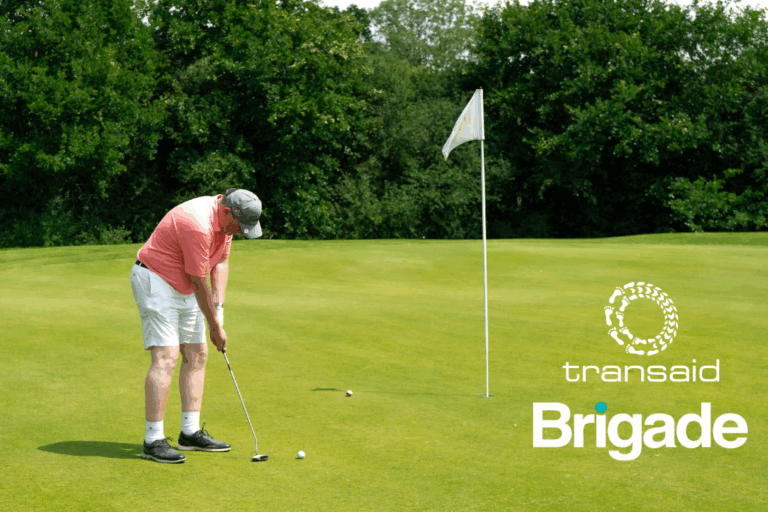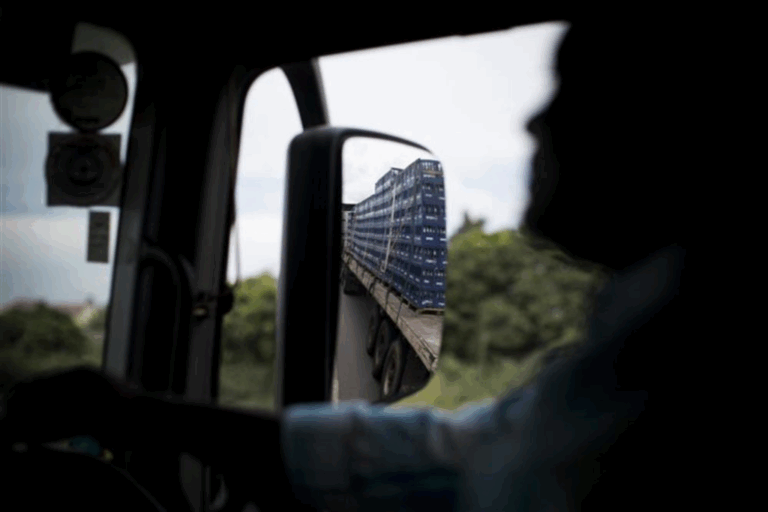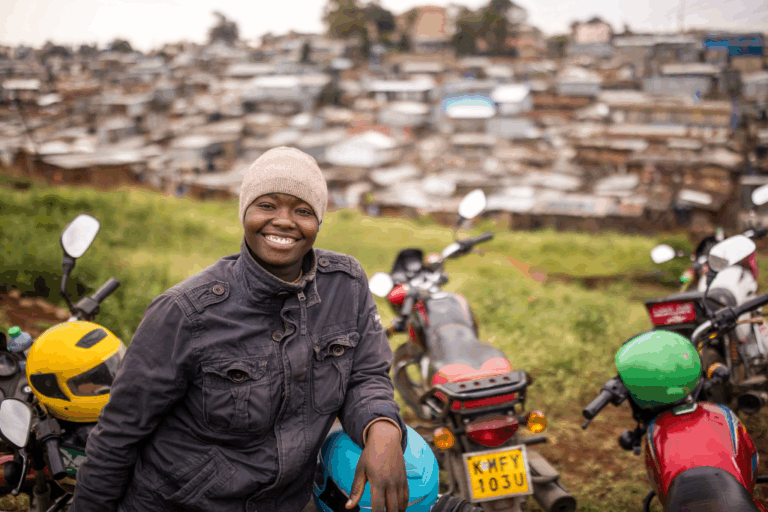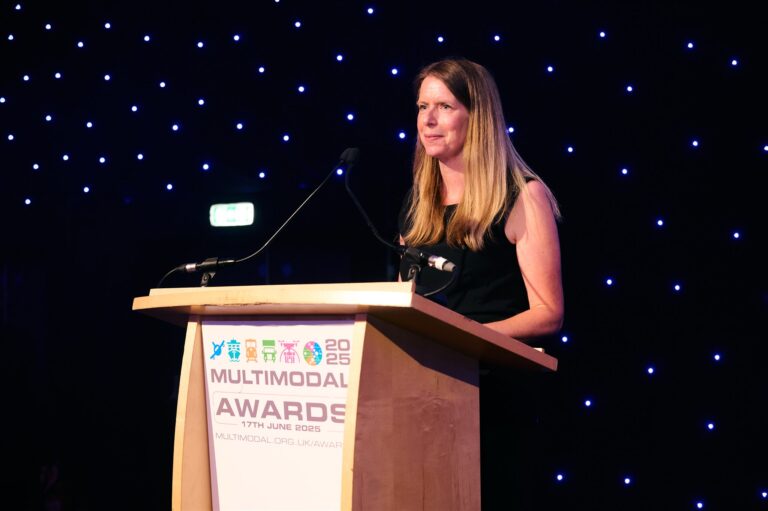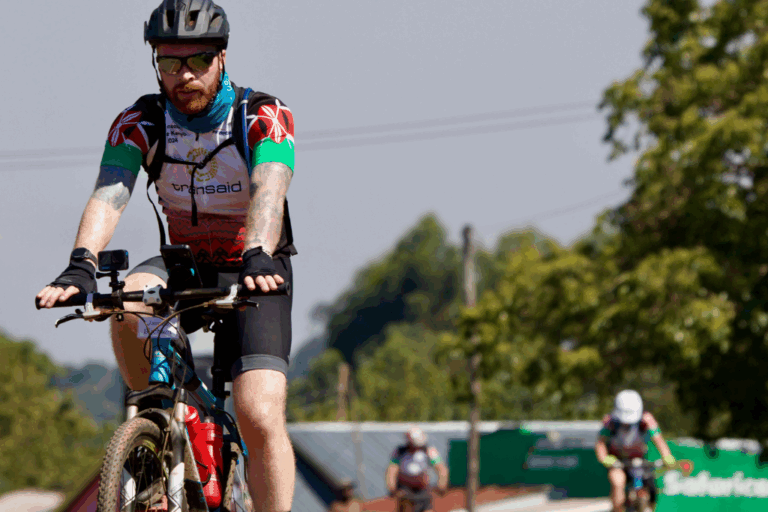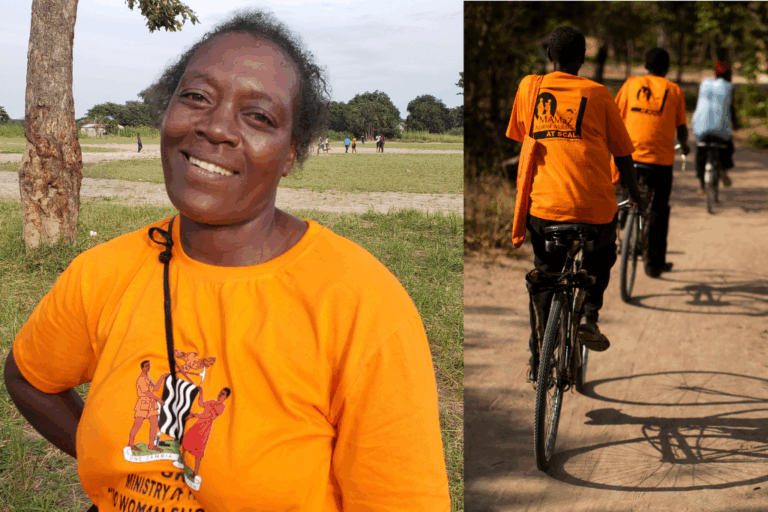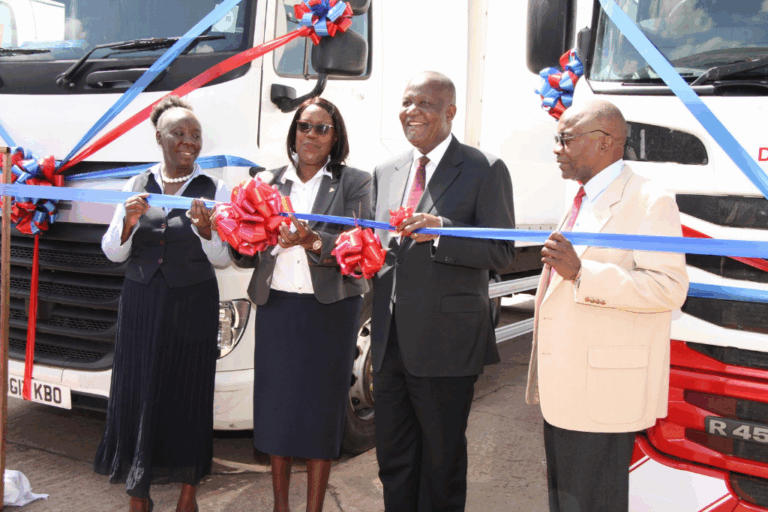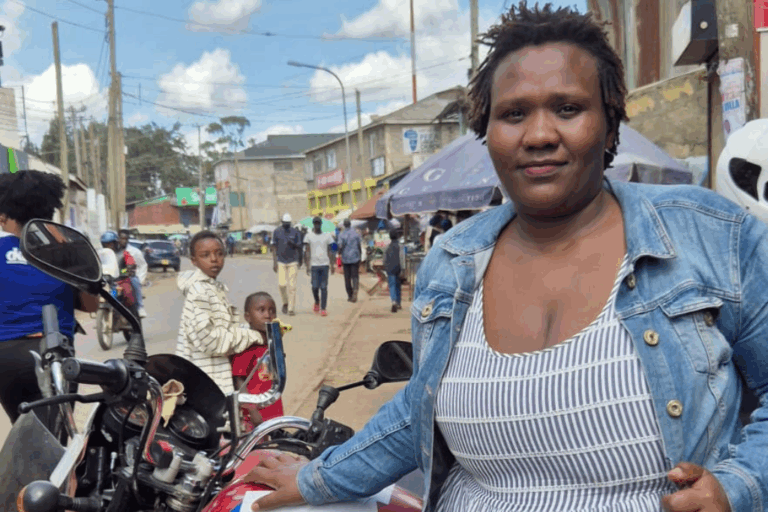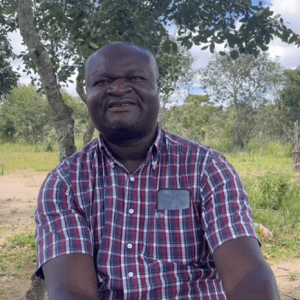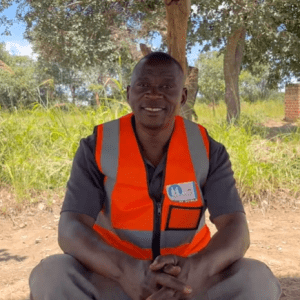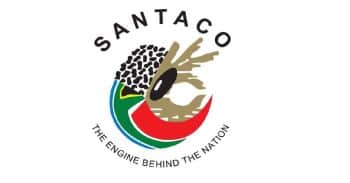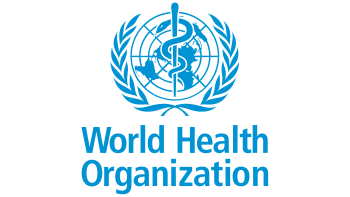
News
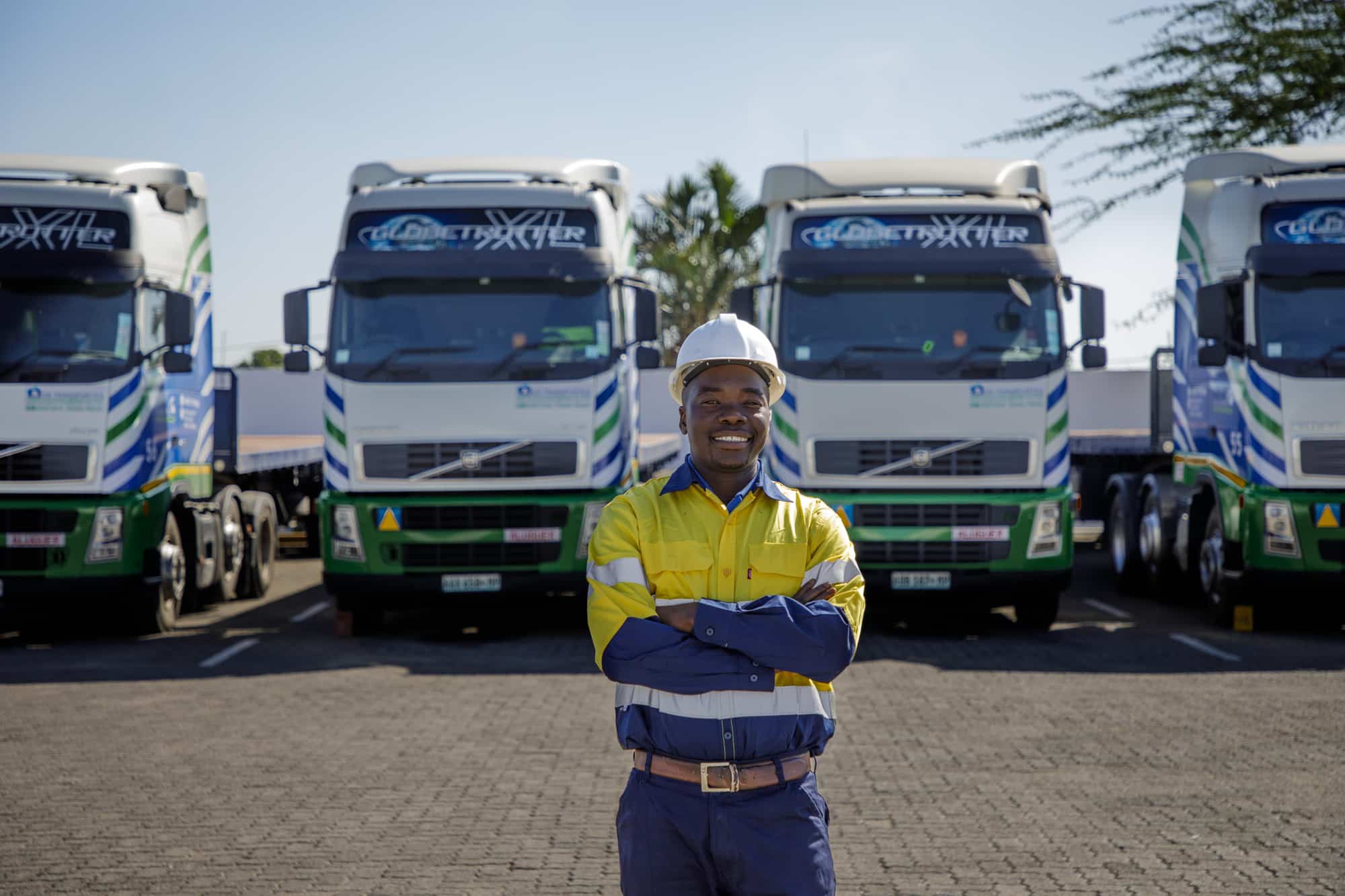
World Malaria Day 2024: Accelerating the fight against malaria for a more equitable world
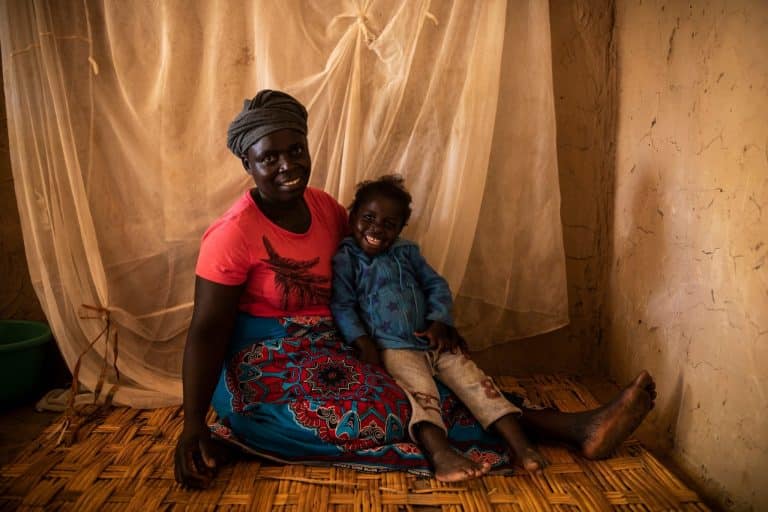
World Malaria Day advocates for the right to quality, timely and affordable services to prevent and treat malaria. Transaid is committed to the United Nation’s Sustainable Development Goal Target 3.3, which aims to end the epidemic of malaria by 2030 through reducing malaria case incidence and mortality rates by at least 90 per cent.
In 2022, The World Health Organisation (WHO) African Region accounted for 94 per cent of malaria cases and 95 per cent of malaria deaths. Nearly every minute, a child under five dies of malaria, translating into a daily toll of over one thousand children. Moreover, children from the poorest households are five times more likely to be infected with malaria compared with the wealthiest households.
Many countries in sub-Saharan Africa have achieved great milestones in eliminating malaria. Transaid’s MAMaZ Against Malaria and MAM@Scale programmes have achieved incredible results in Zambia, by working with a consortium of local and international partners* to overcome barriers to accessing healthcare.
Interventions at a community level, including training community health workers to administer rectal artesunate, introduction of bicycle ambulances to support referrals, and supporting communities with food banks have helped to reduce deaths in children from severe malaria by 90 per cent in eight scale up districts and 84 per cent in two demonstration districts.
Today, we are sharing powerful stories from parents, health workers, and community volunteers to both celebrate the amazing work in rural Zambia, and to highlight the need for continued investment to accelerate the fight against malaria.
Agnes Chibuye and her daughter Georgina
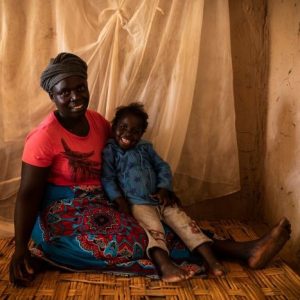 In April 2019, Agnes Chibuye noticed that her young daughter Georgina was very unwell. Her symptoms gradually progressed to high fever. Agnes decided to take Georgina to see the local Community Health Worker (CHW), who recognised the danger signs of malaria and administered rectal artesunate (RAS), a World Health Organisation (WHO)-approved pre-referral treatment for malaria.
In April 2019, Agnes Chibuye noticed that her young daughter Georgina was very unwell. Her symptoms gradually progressed to high fever. Agnes decided to take Georgina to see the local Community Health Worker (CHW), who recognised the danger signs of malaria and administered rectal artesunate (RAS), a World Health Organisation (WHO)-approved pre-referral treatment for malaria.
The CHW also gave Agnes a referral letter for the nearest health facility. Tragically, Agnes had previously lost one of her other children to malaria before the arrival of CHWs in her community, but following further treatment at the facility, Georgina made a full recovery.
Read Agnes and Georgina’s full story here.
Godfrey Chama – Malaria Elimination Officer
Godfrey Chama coordinates public health activities in Serenje District. Before the MAMaZ programme, there was no form of transport at the community level. Members of the community often had to travel on foot to the health facility.
Godfrey says, “the bicycle ambulance for us is a gamechanger. It saved the lives of children transported using this system, compared to the past when we had no such mode of referral and transport.”
Regarding the future, Godfrey says, “I hope that the necessary partners like Transaid continue investing in these life-changing interventions in this part of our country.”
Read Godfrey’s full interview here.
Charles Kunda – Community Facilitator and Community Health Worker
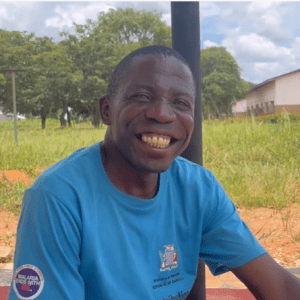 Charles has worked with the MAMaZ programme for two years; part of his role is to give pre-referral treatment to children suffering from suspected severe malaria.
Charles has worked with the MAMaZ programme for two years; part of his role is to give pre-referral treatment to children suffering from suspected severe malaria.
“Before the MAMaZ programme the community was not very aware of severe malaria. But now they recognise the symptoms. In the past, many people died in the community. When this programme came in, we saved many lives. Now, there are fewer children dying from severe malaria.”
“The community is very appreciative, very much so. But we also need more support to continue the work… with more investment, we can use stronger materials to construct the bicycle ambulances and even take them to areas which lack accessible transport to health facilities.”
Read Charles’ full interview here.
Henry Kunda – Bicycle Ambulance Custodian
Passionate about helping his community, Henry has been working with MAMaZ for around seven years. One day, Henry received a call about a patient suffering from suspected severe malaria 36 kilometres away. As the patient lived behind in an area inaccessible by car, Henry prepared the bicycle ambulance: “the bicycle ambulance manages to go where the roads would be impossible for a car.”
After travelling to Henry’s area in the bicycle ambulance, the patient recovered at a health facility after further treatment. Henry says: “MAMaZ has done a lot, especially in reducing mortalities – both maternal and malarial. When we received these bicycle ambulances, we noticed that deaths reduced. I’m appealing for the continuation of the MAMaZ programme. It should not end.”
Read Henry’s full interview here.
*the Mobilising Access to Maternal Health Services in Zambia (MAMaZ) Against Malaria programme partners include: Transaid, the Zambian National Malaria Elimination Centre, District Health Management Teams, DAI Global Health Limited, Development Data, and Disacare.
Recent Posts

